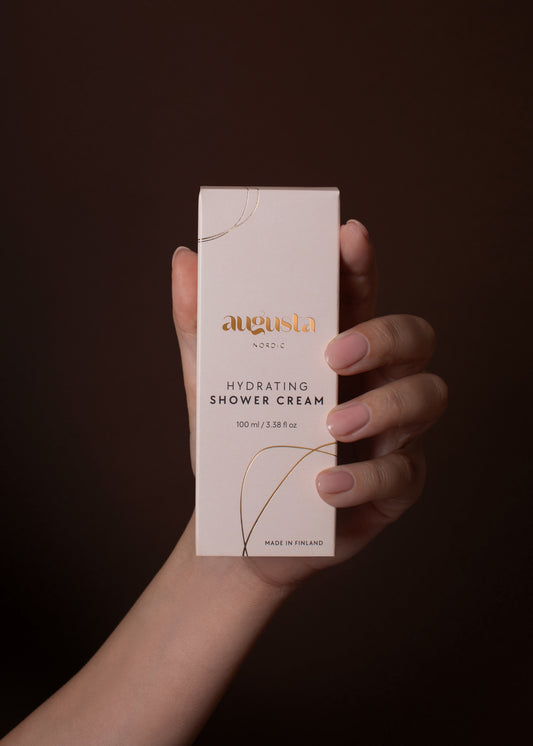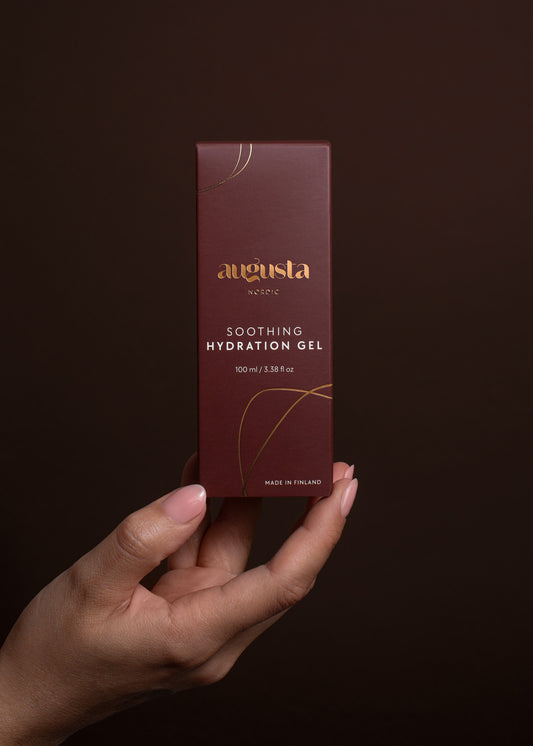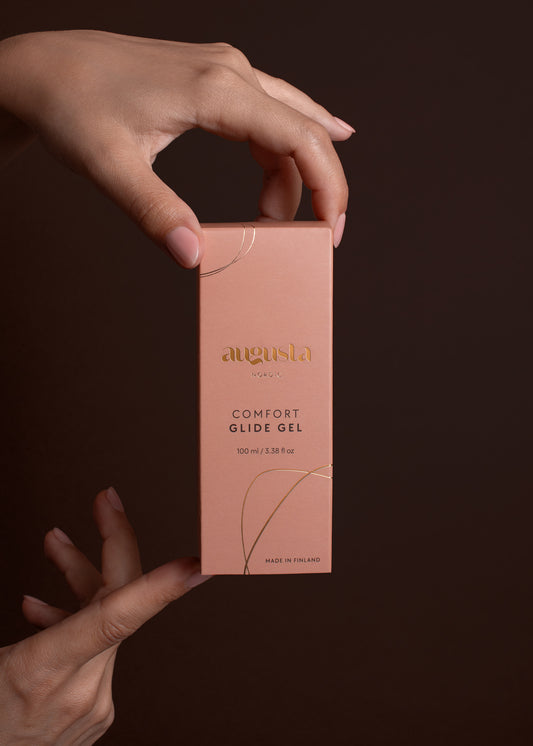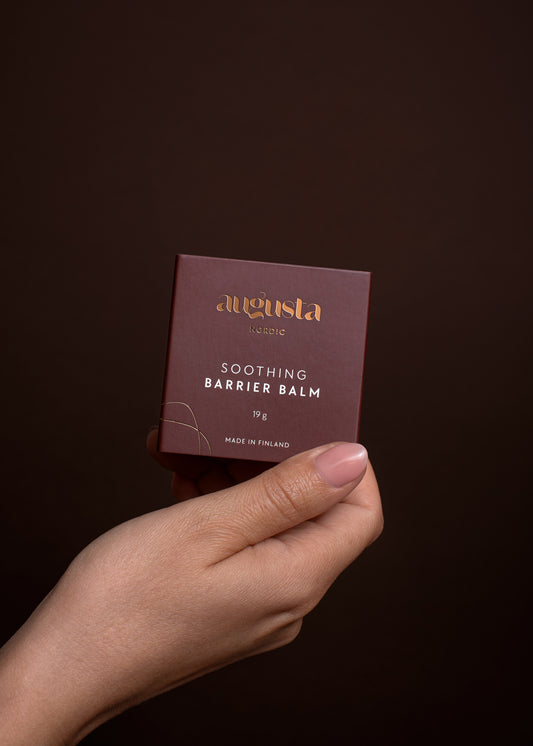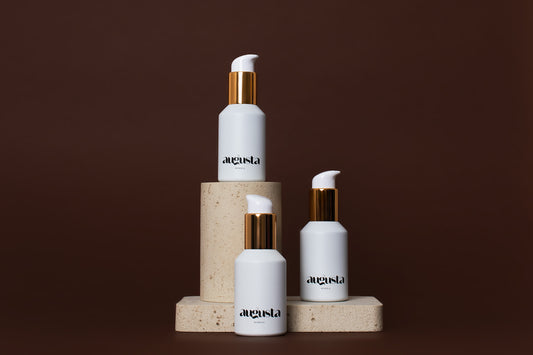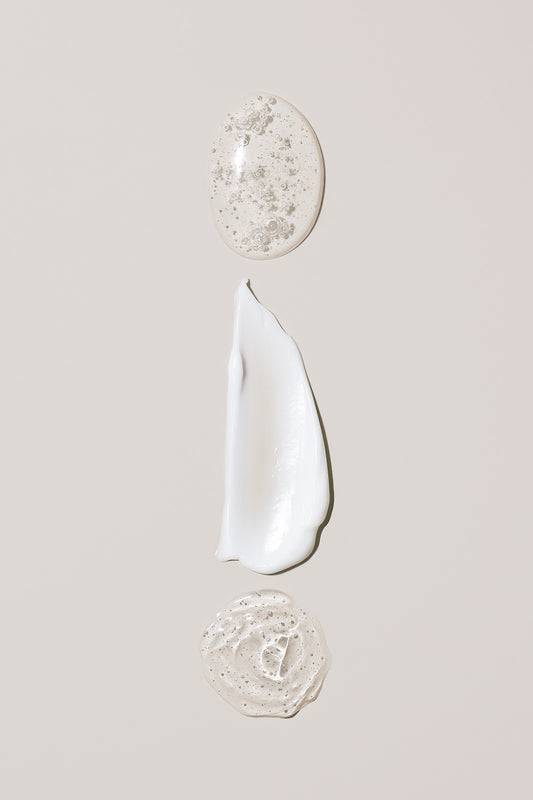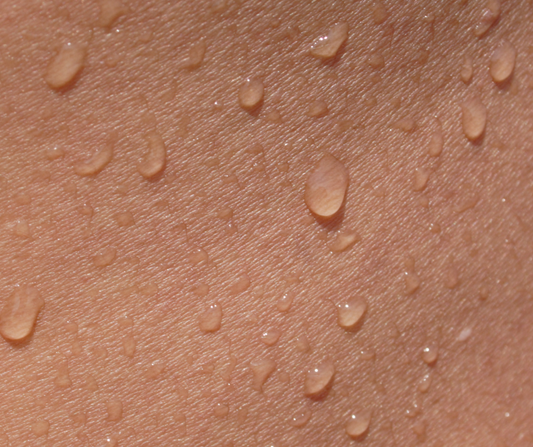Giving birth is a powerful experience that can bring profound changes to your body, including your intimate health. Many new parents experience vaginal dryness, irritation, or discomfort during the postpartum period due to hormonal shifts, especially lower estrogen levels. One common way to improve comfort is by using a personal lubricant. But not all lubricants are created equal and when your body is healing and especially sensitive, choosing a safe, gentle product is essential.
Why Vaginal Dryness Happens Postpartum
Postpartum estrogen levels drop significantly, especially if you're breastfeeding. Estrogen helps maintain vaginal tissue thickness and natural lubrication, so without it, the vaginal lining can become thin, dry, and more prone to microtears during intimacy.
This dryness can lead to:
- Pain or discomfort during sex (dyspareunia)
- Irritation or itching
- A feeling of tightness or lack of elasticity
That’s why using a high-quality, gentle, water-based lubricant can help restore comfort.
Safety Considerations While Breastfeeding
Many people assume that topical products applied to the vulva or vaginal area stay local but that’s not always true. The skin in the intimate area is highly permeable, meaning certain ingredients can be absorbed into the bloodstream and potentially affect your breast milk.
Ingredients to Avoid While Breastfeeding:
Some synthetic or endocrine-disrupting chemicals in personal lubricants should be avoided if you're breastfeeding, including:
- Parabens: preservatives that may act as hormone disruptors.
- Phenoxyethanol: linked to nervous system effects in infants in high amounts.
- Silicones (e.g., dimethicone): generally considered safe in small quantities but are not biodegradable and can accumulate.
- Fragrance & perfumes: often contain phthalates or other allergens.
- CBD: there aren't enough studies made, and for example FDA recommends not to use CBD while pregnant or breastfeeding.
These ingredients may not only irritate sensitive tissue but could, in theory, be absorbed and transferred through breastmilk, especially when used repeatedly. Choose lubricants that are free from these substances and dermatologically tested for sensitive skin.
What Makes a Lubricant Safe After Birth?
Here are the key things to look for in a postpartum-safe lubricant:
-
Water-Based Formula:
- Non-irritating and easy to rinse off
- Compatible with condoms and silicone toys
- Less likely to disrupt the vaginal microbiome
-
pH-Balanced
- Supports a healthy vaginal environment, especially important when hormonal changes affect pH.
-
Free From Harsh Chemicals:
- No parabens, silicones, fragrance, alcohol, or preservatives like phenoxyethanol.
-
Dermatologically Tested for Sensitive Skin
- Ideally, third-party tested to ensure it's gentle on healing or delicate skin.
Why We Recommend Augusta Nordic Comfort Glide Gel
Our Comfort Glide Gel is carefully formulated to support sensitive skin, postpartum recovery, and breastfeeding safety.
Why it's ideal for postpartum and nursing parents:
- Water-based & pH-balanced
- Dermatologically tested on sensitive skin
- Free from parabens, phenoxyethanol, silicones and fragrance
- Vegan and crafted in Finland with Nordic care
Usage: Apply a small amount externally or before intimacy. Safe with condoms and suitable for daily use.
Your postpartum body is adjusting, healing, and doing amazing work, especially if you’re also breastfeeding. It deserves extra care and protection, especially in the most sensitive areas. By choosing a safe, hormone-friendly, and nourishing lubricant, you’re not only improving your own comfort but also making a safer choice for your baby.
